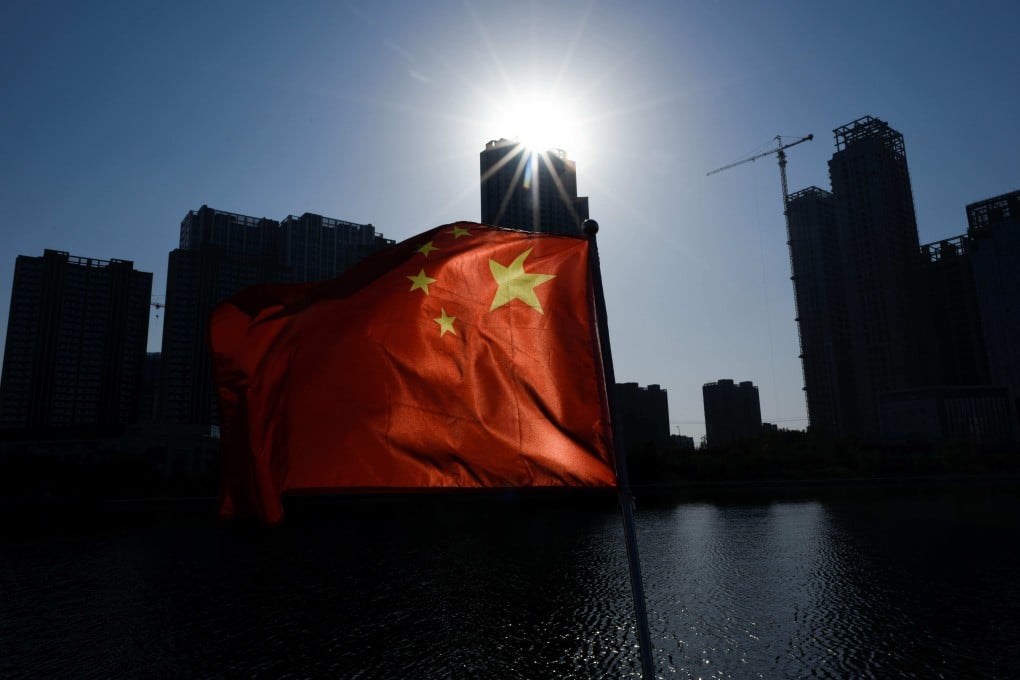Opinion | Why the socialist element of China’s market economy is important
- China’s socialist market economy has been at the heart of the nation’s economic transformation
- Private investors must remember socialism comes first, meaning public interests trump commercial concerns

China’s “socialist market economy”, which mixes public ownership and state guidance with aspects of the market, has propelled the nation from an economic backwater into the global engine of growth in about four decades.
But it is also an idea with inherent contradictions. In orthodox economic terms, being socialist requires that Beijing dominate the means of production, which can include land, machines, raw materials, capital and data. That contradicts the key pillar of a modern market economy: private ownership.
In reality, different levels of Chinese government, state-owned enterprises and public institutions control certain economic resources and act as normal market players.
There’s a widely shared joke about this in China: every government agency acts like a commercial enterprise, while every commercial enterprise pretends to be a government agency.

